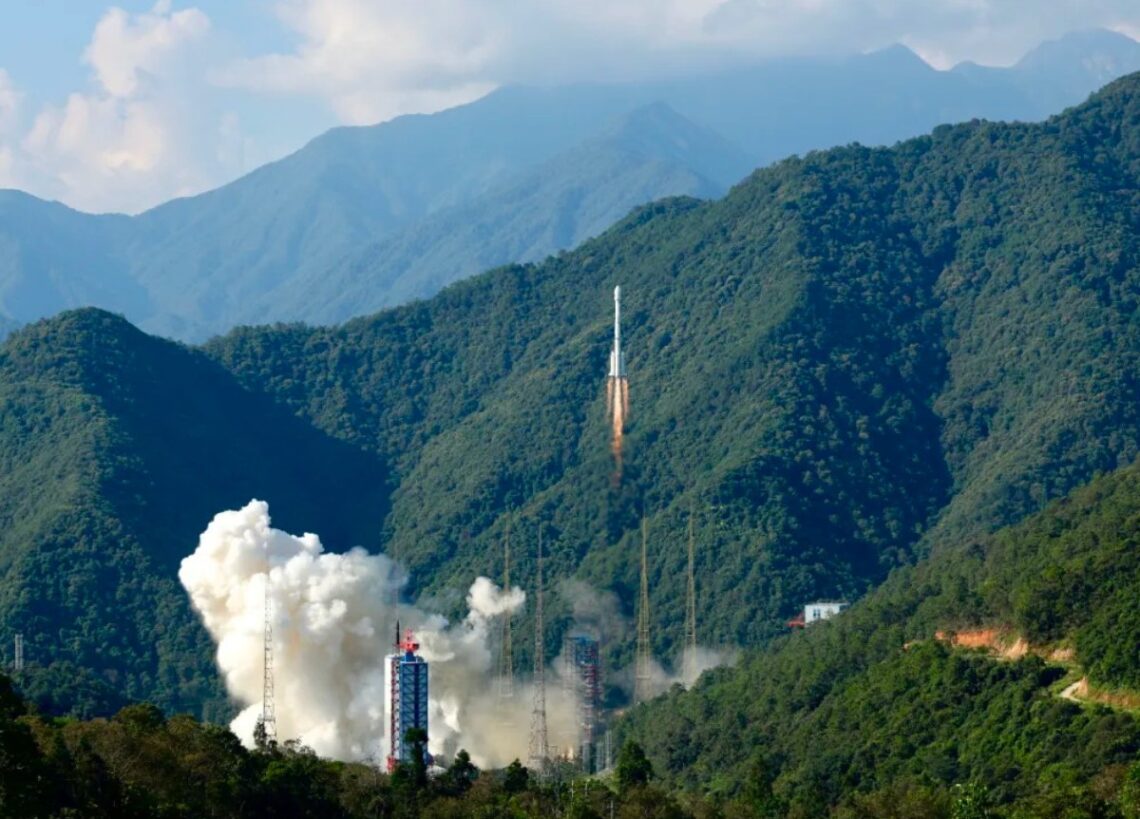“There is every reason to believe China’s BeiDou global navigation satellite system has the ability to imitate American GPS signals and those of Europe’s Galileo,” said Professor Todd Humphreys of the University of Texas Radionavigation Lab. Humphreys was speaking at The Department of Transportation’s annual Civil GPS Service Interface Committee meeting, held for the public this September in Baltimore. He also discussed a long-term Russian project to put a nuclear-powered electronic warfare weapon in orbit that could do the same thing.
Broad adoption of GPS signals over the last 40 years for use in everything from weapons systems to electrical grids and industrial controls have made them prime targets in conflict zones. By preventing reception (jamming) or sending false GPS signals (spoofing), belligerents can degrade or disable munitions, redirect drones and missiles and degrade IT systems and other infrastructure.
Unlike many of its adversaries, the United States has made few preparations for such attacks on its homeland and infrastructure, despite mishaps at home that have disrupted air traffic control systems and regular press reports of American weapons systems degraded by jamming and spoofing overseas.
Open conflicts in Ukraine, the Middle East, Kashmir and Myanmar demonstrate the utility of this kind of cyber and electronic warfare every day. Vladimir Putin’s regular GPS jamming and spoofing in the Baltic also shows its usefulness as a tool for discrediting the systems and institutions of one’s opponents in a form of low-level, hybrid, non-kinetic warfare. These should be daily reminders of the peril of the U.S.’s inaction.
Interference with GPS signals has greatly increased over the last ten years, dramatically so since 2021. Since there are many incentives for malicious actors and few easy countermeasures, many experts like Humphreys see the activity continuing to grow. While most interference to date has seemingly come…
Read the full article here

